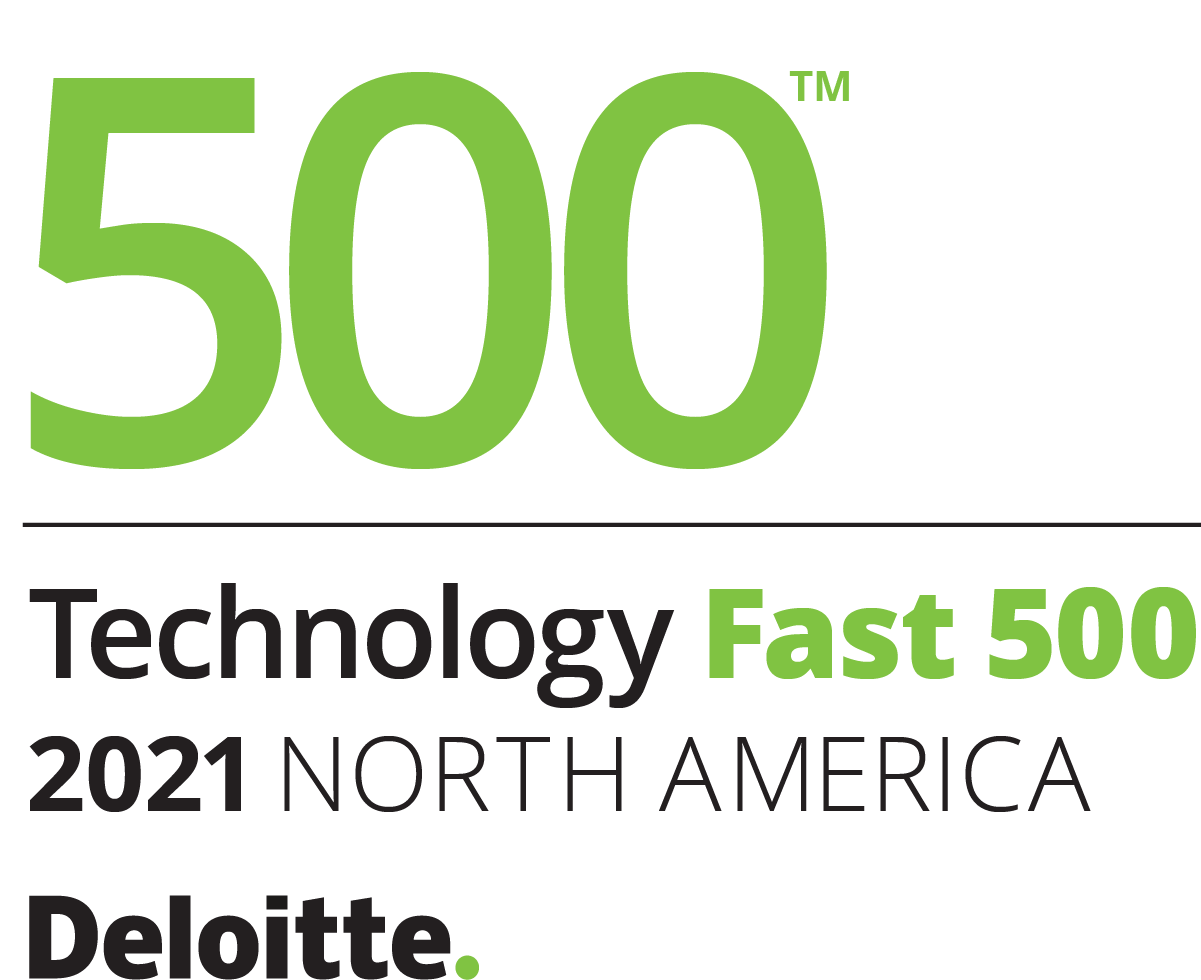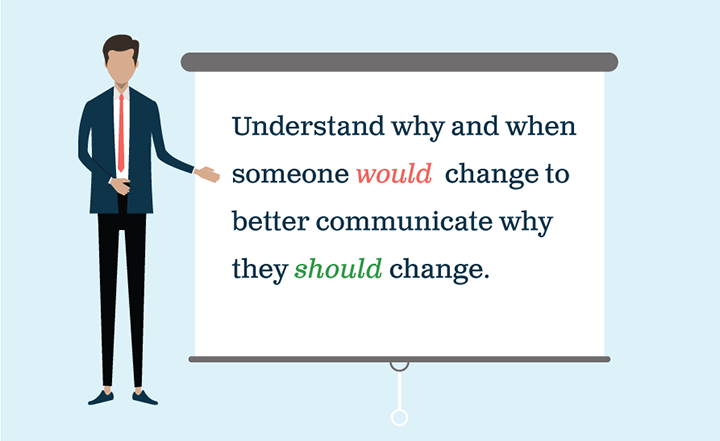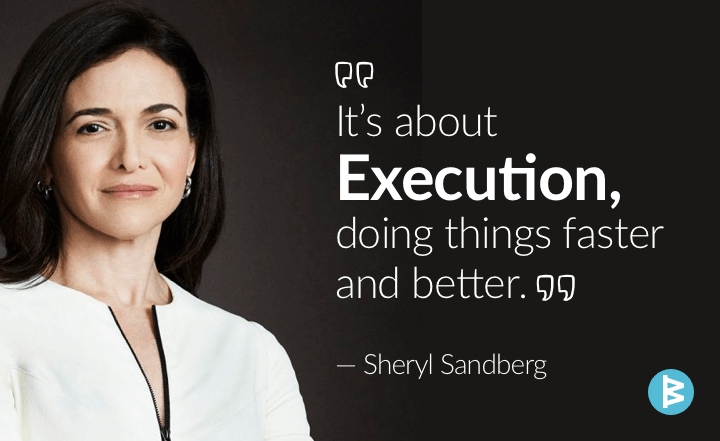
Creating a great business and successful franchise is art and science, timing and luck. While luck and timing are largely out of your control, Neal Dennis and the team at Hwy 55 Burgers Shakes & Fries can teach us a lot about the art and science of success. Ranked in the Top 50 Franchises for Satisfaction and the Top 500 by Entrepreneur in 2014, and just named as a Next 20 Brand by Nation’s Restaurant News, Hwy 55 has grown rapidly in the past few years from a regional to a global franchise with over 100 locations today, including locations in Netherlands, Denmark, Canada, and the United Arab Emirates.
As the company’s Chief Operating Officer, Neal has overseen double-digit growth for an impressive 10 years. In a recent conversation with me, Neal shared key elements and tools that support their great success:
1. Build a Great Leadership Team
A great leadership team is crucial to a franchises’ success. It is impossible for one or two people to do all the work themselves, so create leaders across the organization. Kenney Moore, the CEO and founder of HWY 55 Burgers Shakes & Fries, started the franchise with one location, $500 in his pocket and went around re-opening closed restaurants. By the time he had opened four locations, he realized he was working himself to death and not making a lot of forward progress. When Kenney had the vision to make the business about others through Servant Leadership, Neal joined, and they quickly grew to 40 people – people who started out working minimum wage and building the business through sweat equity and in-house financing. As they continued to grow, they knew they couldn’t carry the leadership load alone so these leaders grew many more leaders in their company. Today, about half of HWY 55 locations are run by employees-turned-franchisees.
2. Be Strategic About Expansion
Deciding when to expand is a pivotal moment in the life of a business and requires a solid, scalable foundation. Processes, product, operations, and culture have to be robust and very well aligned. This doesn’t happen overnight. In fact, Hwy 55 spent years perfecting its business before rapidly expanding the last few years – it’s a 24-year overnight success. After making the decision to expand, they started as a regional concept until they were ready to franchise in a way that preserved the quality of the brand and experience. They made sure that their processes and food items were in tip-top condition and their infrastructure was ready. Once all the pieces were in place, HWY 55 was able to very quickly expand across the US and now internationally from this strong foundation.
3. Sustain the Culture and Unique Identity
Maintaining and protecting the culture as you expand the franchise is an important part of the leadership team’s role. Hiring the right people and putting customers and employees at the top of the company’s value pyramid has been key to HWY 55 success. Who you hire shapes customers’ experience as does how you treat the people you hire. HWY 55 takes a servant leadership approach focused on serving others before self. It’s central to their culture and starts with the leadership team’s attitude to customers and employees; it spreads from there in a philosophy they call “loving your neighbor”. Although this culture is antithetical to the way other businesses may operate, it’s core at HWY 55 because people want to be a part of a big mission and in on why things work the way they do – even more than they want a paycheck. It makes for a much better customer experience and a much happier life experience.
4. Communicate and Align on Shared Goals
Set, communicate and engage employees in goals for the organization and you will likely see 3x greater operating margins than peers without goals. The goals of the organization should be clear and transparent so everyone understands how success will be measured.
At HWY 55, teams meet at the beginning of the year to lay out a strategic plan and big goals for the year intended to get people mobilized and excited. But like a lot of organizations, that focus on goal achievement is lost 60 or 90 days later because those goals weren’t visible and are quickly eclipsed by email and day-to-day activities. Neal turned to WorkBoard to make goals more visible and easier for people to stay focused on work that matters. “WorkBoard has helped us tremendously in keeping people aligned on goals,” he says. When goals aren’t visible to people, it’s impossible to remember or achieve them – goals have no power to motivate when they’re invisible. Since achieving goals is source of personal satisfaction and drives the company’s success, everyone wins when they are ever-present and it’s clear how success is measured. Neal adds “WorkBoard has been the answer for us. It’s really neat how it works. It has made me very happy.”
5. Transparency Leads to Faster Problem Solving
To identify issues and address them quickly, you need transparency and an efficient mechanism to reliably follow through from issue to resolution. It’s not surprising that customer concerns are issues that HWY 55 takes very seriously. Neal uses WorkBoard to assign issue resolution to a team member and has transparency on its status from start to finish. He and the team can see issues and resolutions over time; with facts on the pattern and resolutions, Neal then used WorkBoard to set and share a goal to cut customer issues by half so not only are the current issues resolved, they make strategic improvements to reduce the number of issues. Everyone knows the goal and can see how they’re doing anytime from anywhere. He credits WorkBoard with helping the team sustain and fulfill its core mission and values.
6. Engage with Front Line Employees
Growing restaurant chains and franchises have to stay engaged with their people. As the business grows and your leadership job grows with it, there is a tendency to become disengaged with the people who are engaging with the customers. Neal emphasizes the importance of calling or stopping in to see front line employees to say “hi” and of being genuine and accessible.
Recognizing people’s contributions and acknowledging their efforts are more important to them than money. According to a study done by McKinsey, 83% of employees say manager and peer recognition matters more than compensation; more importantly giving no feedback is much worse for employee engagement than giving negative feedback. With his system for transparency, Neal says giving feedback is one of the best and easiest parts of his job. “I have my phone in my hand about 20 hours a day and if I get a WorkBoard notification at 12:30am that someone has just completed something important and I'm up watching TV, I can respond right then and say “hey, good job” with a message or badge. It’s really great to be able to do that.”
7. Get the Right Work Done
In the end, your leadership team and goals are only as good as what you actually accomplish. Goals need to be aspirational, inspirational and measurable but execution and discipline are the source of success. Neal follows David Allen’s Getting Things Done (or GTD) philosophy to make sure important actions don’t languish and irrelevant work doesn’t get in the way of important work. The method reduces stress and overload, which are important in rapid growth and expansion. Neal had been looking for a way to implement it within an organization not just personal context; WorkBoard helps him and the organization get the right things done. “I love the feeling of knowing nothing’s dropped and the important things are handled. I can capture what needs to be done, decide when it needs to be done or delegate it, and then follow through easily.”
It’s clear that even after 20 years, Neal loves the business he helped grow and the people with whom he works – values he shares with company founder, Kenney Moore. Their passion, HWY 55’s fresh food and authentic hospitality and these seven keys are a recipe for success. Learn more about HWY 55 and franchise opportunities and more about WorkBoard.










